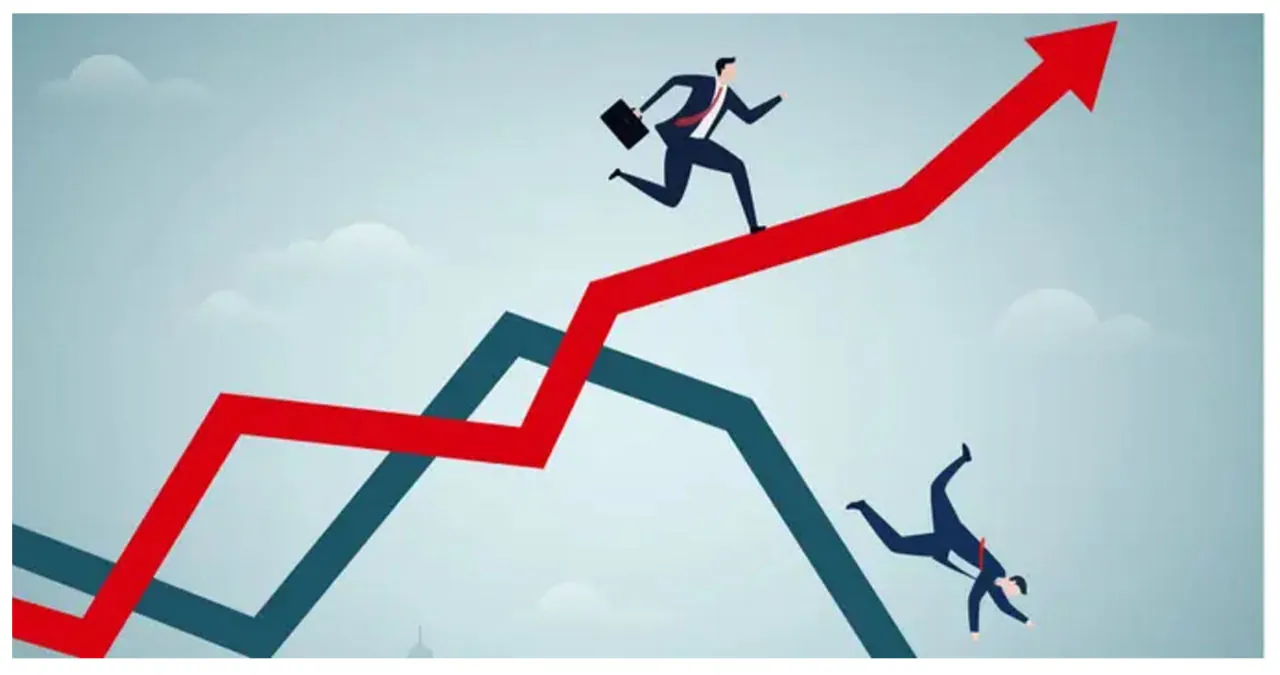The chances of the economy sliding into a recession are “extremely high,” as the United States is on the brink of experiencing a surge in unemployment and a significant decline in consumer spending.
Joe LaVorgna, the chief economist of SMBC Nikko Securities, remains one of the few voices on Wall Street expressing concern about the potential for a looming recession. This comes at a time when other forecasters are revising their outlook due to a strong economy and a robust labor market.
According to LaVorgna, the idea of a no-landing scenario is simply absurd. During a recent webcast with Rosenberg Research, he mentioned that the likelihood of a recession falls within the range of 49% to 51%.
According to the Conference Board’s Leading Economic Index, recession indicators that have accurately predicted previous downturns are already signaling a warning. In their recent statement, the group suggests that there will be “near-to-zero” GDP growth during the second and third quarters. Furthermore, the closely watched 2-10 Treasury yield curve continues to remain inverted, and there has been a contraction in bank lending over the past few months.
According to LaVorgna, all three of those metrics are still indicating a recession.
The residential real estate market might face a potential weakening of the labor market. According to LaVorgna, the construction sector has an excess of approximately one million workers. If housing activity fails to improve, this surplus could lead to a wave of job losses.
According to his prediction, the overall unemployment rate could increase by 60-70 basis points solely due to construction layoffs.
The warning was clear and dire: If rates do not decrease significantly and promptly, the construction industry will suffer from substantial job losses. The speaker emphasized that the only way for rates to experience a drastic reduction is if a recession occurs.
According to LaVorgna, consumer spending on goods, which has been strong, is expected to decline. This could potentially have a negative impact on economic growth. The reason for this is that Americans are unlikely to continue spending at their current rapid pace. Higher borrowing costs and the depletion of excess savings accumulated during the pandemic are contributing factors to this shift in consumer behavior.
In his statement, he added that the possibility of a recession still remains quite high. This thought provokes me to consider the risk of a recession.
Investors are not currently perceiving that risk, as they hold a generally positive outlook on stocks and the economy in the upcoming year. In fact, the latest Investor Sentiment Survey by AAII revealed that 46% of investors expressed a bullish sentiment towards stocks for the next six months. Additionally, Gallup’s Economic Confidence Index survey indicated that economic optimism reached its highest level in two years in January.

